At least 19 people were killed and another 40, women and children among them, injured in the latest outbreak of anti-Muslim riots in India's UP state last month. The administration had to call in the army and paramilitary forces, and impose a curfew in Muzaffarnagar city and several rural areas. The fact of the matter is that violent religious extremism has become part and parcel of Indian politics.
At least 2000 people were killed in 1992 when the BJP zealots led by the party's stalwarts demolished the historic Babri Mosque in the same UP state at Ayodhya. The Chief Minister of Gujarat state, Narendra Modi, better known for presiding over 2002 anti-Muslim pogrom in which another estimated 2000 Muslims were brutally murdered, some by hacking and others by burning, is now the party's candidate for the country's prime ministership. That says a lot about the prevailing atmosphere.
Home Minister of India Sushil Shinde's statistics show that with the passage of time the threat of Hindu extremists' violence has only aggravated, and is likely to get even worse in the days to come. He said that the government expected tensions to heighten in the run-up to general elections scheduled for next year, putting state governments on high alert. In other words, politicians are going to exploit communal sentiments to win votes.
BR100
15,103
Increased By
140.9 (0.94%)
BR30
42,619
Increased By
540.8 (1.29%)
KSE100
148,196
Increased By
1704.8 (1.16%)
KSE30
45,271
Increased By
438.2 (0.98%)


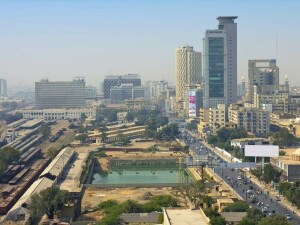












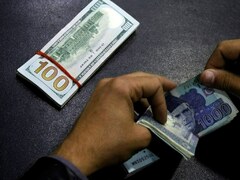

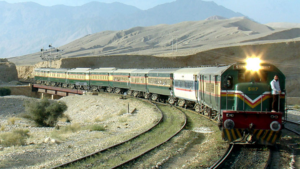


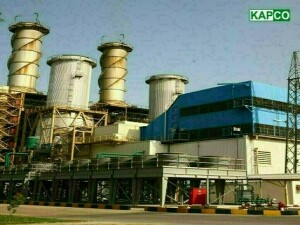
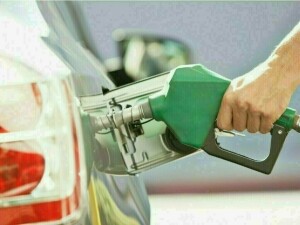
Comments
Comments are closed.